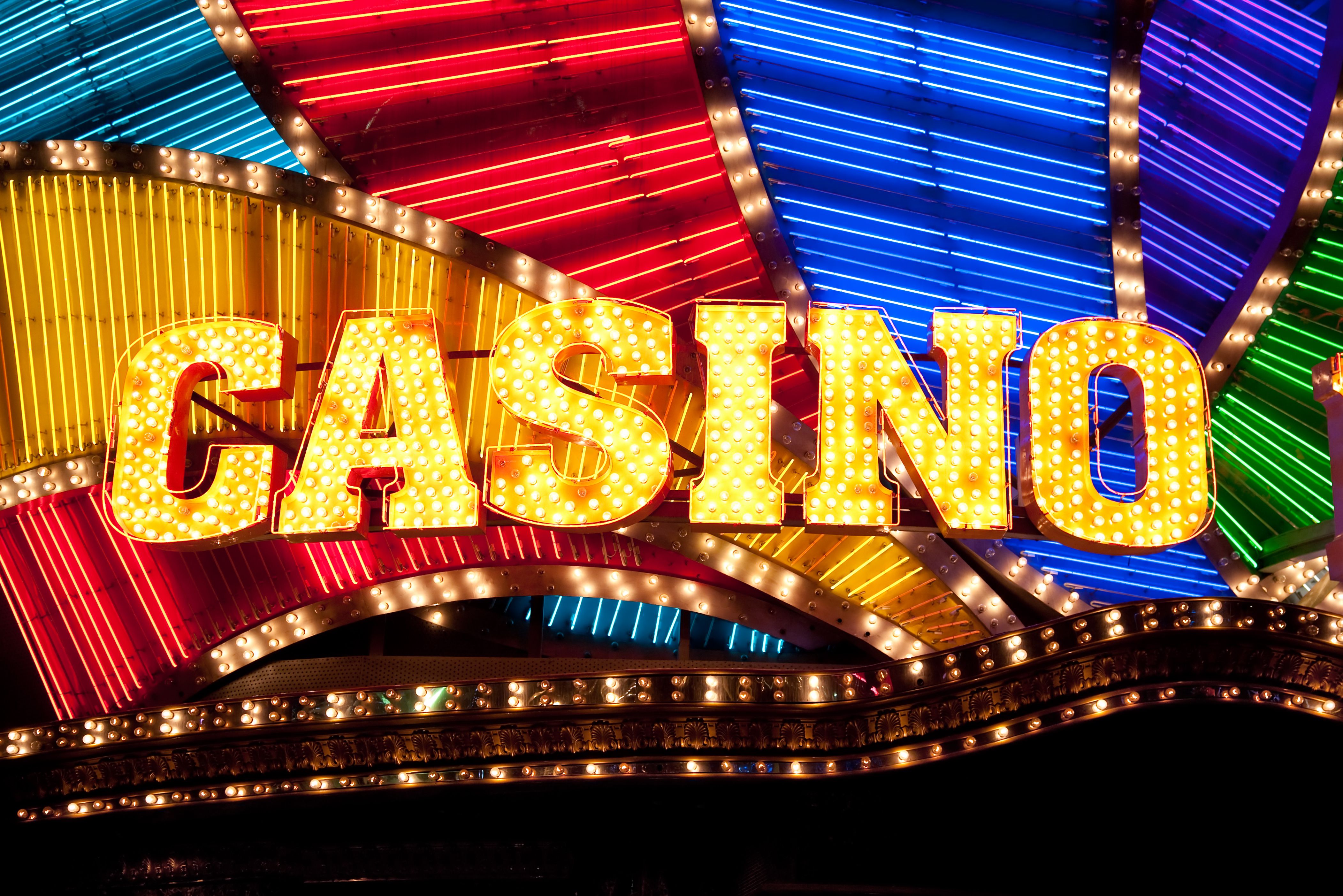
Casino experiences have long captured the fascination of people around the planet, becoming an important part of both entertainment and culture. From the sparkling lights of the Vegas Strip to the immersive experience of internet gambling, these activities evoke excitement, uncertainty, and sometimes even a sense of sentimentality. They are more than just pastimes; they have woven themselves into the tapestry of our lives, influencing various aspects from movies and songs to style and literature.
The appeal of casino games goes beyond the gambling aspect, tapping into broader themes of serendipity, possibility, and social interaction. As players assemble around a gaming table or rotate the wheel of fortune, they engage in an timeless ritual that resonates with our communal desire for excitement and uncertainty. This captivation has led to the emergence of numerous references in cinema, tracks, and electronic games, showcasing how deeply entrenched these activities are in mainstream culture. Whether it is the pressure of a legendary robbery film or the colorful nightlife portrayed in music videos, casino games have carved out a substantial place that reflects our bond with risk.
Cultural Importance of Gambling Games
Gambling activities have played a key role in cultural aspects throughout history. Stemming from old societies, games of chance were often linked to ceremonies or events. For example, early forms of these activities can be traced back to historic China and the Romans, where die games and wagering on results were common pastimes. These games not only functioned as leisure but also as means of connecting people, facilitating relationships among individuals within societies.
As societies evolved, so did the sophistication and organization of gambling games. The creation of official casinos in the 17th century, particularly in Italy, marked a significant shift in how games were perceived and organized. With designated spaces for gambling, the casino became a community center where patrons from different backgrounds convened. This evolution contributed to the legitimization of the industry, transforming it from a mere pastime into an established industry that shaped economy and policy.
The impact of gambling activities on mainstream culture cannot be overlooked. As they were popularized in literature and film, games such as Texas Hold’em and blackjack became icons of chance, luck, and strategy. Famous figures and narratives have emerged around these games, illustrating societal attitudes towards fortune, prosperity, and immorality. https://88clbrr.com This fascination with casino games has infiltrated various forms of entertainment, cementing their place in the collective consciousness and linking them to broader cultural stories throughout the ages.
Representation of Casino Games in Entertainment
Gambling games have long been a popular topic in various forms of media, reflecting both the thrill and nuances of the world of gambling. Movies such as Ocean’s Eleven and Casino Royale portray characters who navigate intense situations, showcasing not only the appeal of the gambling environment but also the methods and judgments that come with playing popular games like Texas Hold’em and blackjack. These movies often dramatize the thrill of winning and the potential repercussions of losing, encapsulating the risks involved in gambling.
TV programs have also explored the realm of gambling activities, often integrating them into the narrative as a setting for story progression and drama. Shows like Vegas depict the experiences of gambling employees and customers, highlighting the dynamic, often disorderly energy of the gaming floor. Reality shows featuring high-stakes gambling competitions further emphasize the fascination of gambling activities, drawing viewers into the drama and tactics involved in each round. Through these depictions, media not only amuses but also stimulates conversations about fortune, expertise, and the character of randomness.
Gaming have increasingly included gambling activities into their structure, allowing players to experience the feeling of gambling without financial exposure. Titles within the landscape of digital gaming often include virtual slots, poker, and other casino favorites, creating an immersive gameplay that mirrors traditional gambling. These virtual portrayals make casino games accessible to a global audience, appealing to both risk-takers and those who enjoy the thrill of virtual experiences. As a result, the representation of gambling activities in entertainment continues to shape public perception and cultural significance, highlighting their place in society and culture.
Impact of Gambling Activities on Society
Casino games have a meaningful impact on society, affecting various facets of culture and interpersonal behavior. They often serve as a venue for social interaction, where people come together to enjoy a common experience. Casino trips with friends or visits to casinos become group events that foster connections and create shared moments. This communal aspect boosts the fun value of gambling activities, making them a favored choice for celebrations and leisure activities.
Moreover, gambling activities have been depicted in numerous films, television shows, and written works, shaping perceptions and opinions towards gambling and gaming. Icons like James Bond competing in baccarat or the high-stakes poker scenes in films have cemented these games in the collective imagination. This depiction often idealizes the lifestyle associated with gambling, attracting new players and influencing trends in both fashion and behavior. These representations can ignite curiosity and lead to a deeper exploration of the intricacies of gaming.
Nonetheless, there are also negative consequences associated with the popularity of gambling activities. The temptation of quick monetary gain can lead to gambling addiction and economic troubles for some individuals. Society must contend with these issues, promoting responsible gaming and awareness of the risks involved. Balancing the fun aspect of casino games with the risks is crucial to ensure that they continue to be a positive aspect of our cultural landscape.